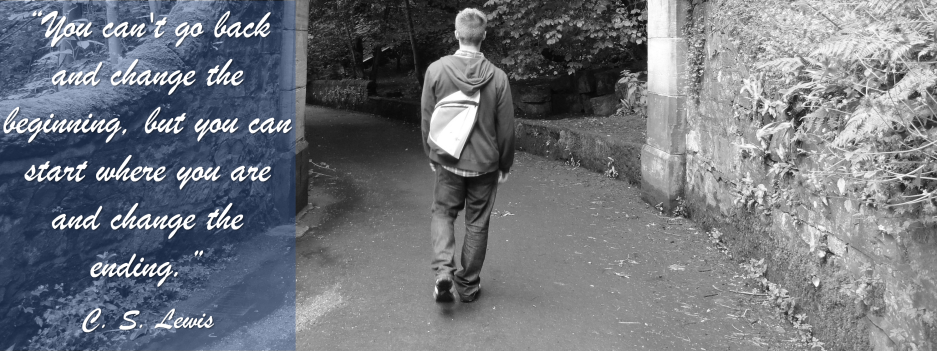Header image credit: me // Featured image credit: Marcel Strauß (freely available via Unsplash)
In part 1 of this series, I discussed how the mind and body are inextricably connected, each one affecting the other, and how the mind is the battleground for our great mental and spiritual battles. I concluded by arguing that a proper approach to mental health must be comprehensive (i.e., must acknowledge this reality) and by hinting that a failure to do so, accompanied by a misunderstanding of what faith is, is a likely cause for at least some the stigma surrounding mental health in the Christian community.
In this second part of the series, I’ll lay out a very basic theology of mental illness that addresses the role of faith in healing and the purpose that our struggles serve. I won’t go into a theology of why it happens (perhaps in another post), but long story short, it’s because we live in a broken world.
Continue reading









